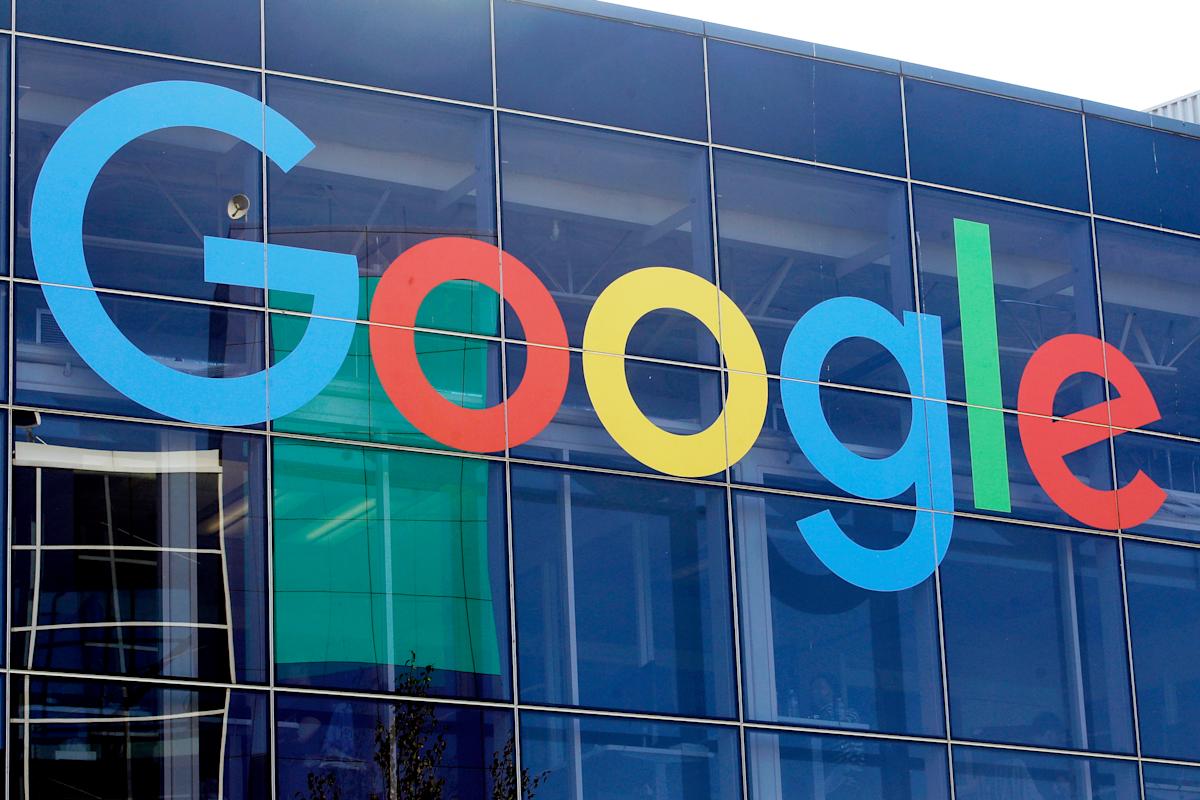Google Caps $1.38 Billion Landmark Privacy Settlement in Texas

On May 11, 2023, a significant development unfolded in the realm of digital privacy and corporate accountability when tech giant Google agreed to pay a staggering $1.375 billion to settle two major lawsuits concerning privacy violations, initiated by the state of Texas. This settlement marks a pivotal moment in the ongoing conversation about user data protection and the ethical responsibilities of tech companies. The lawsuits, filed in 2022 by Texas Attorney General Ken Paxton, accused Google of unlawfully collecting and storing users' personal data without proper consent, raising critical questions about privacy in the digital age.
The lawsuits brought to light serious allegations against Google, claiming that the company had been secretly tracking users' location history, voiceprints, and even facial geometry. These accusations are particularly alarming in an era where personal data is increasingly viewed as a valuable commodity. The focus of the complaints was on specific Google services, such as Incognito mode, Location History, and various biometric tools. Users were allegedly misled about the extent of their privacy, believing that these features offered a degree of anonymity and protection that, in reality, was not guaranteed.
Attorney General Ken Paxton, in his announcement regarding the settlement, proclaimed, "This is a win for all Texans." His statement underscores the broader implications of the case, suggesting that the resolution not only benefits the individuals involved but also serves as a precedent for consumer rights in the digital landscape. For years, Google had been accused of gathering private data without adequately informing its users, a practice that many argue undermines the foundational principles of consent and transparency. Paxton's assertion that the state "fought back and won" reflects a growing sentiment among regulators and consumers alike, advocating for greater accountability from tech giants.
Despite the monumental financial settlement, it is noteworthy that the agreement does not necessitate any changes to Google's existing services nor does it require the company to admit any wrongdoing. This aspect of the settlement raises pertinent questions about the effectiveness of financial penalties as a deterrent against future privacy violations. A Google spokesperson stated that the agreement resolves several older claims and allows the company to focus on enhancing privacy controls. However, without mandated changes to their practices, one might wonder whether this settlement will lead to any substantive improvements in user privacy.
One of the most troubling allegations within the lawsuits was the claim that Google continued to track users even after they had disabled their location settings. This raises significant concerns about the integrity of user consent and the extent to which companies respect the privacy preferences of their customers. In an age where users are becoming increasingly aware of data privacy issues, such practices could lead to a profound erosion of trust between consumers and technology providers. The expectation that disabling location services would halt tracking is a reasonable one; when companies fail to uphold such expectations, they risk alienating their user base.
Furthermore, the lawsuits highlighted the role of applications like Google Photos, which were accused of gathering biometric information without adequately informing users or obtaining their consent. This aspect of the case illustrates the often opaque nature of data collection practices in the tech industry. Users may not fully comprehend the implications of the permissions they grant to applications, leading to a situation where sensitive personal data is collected without explicit consent. This not only raises ethical concerns but also poses potential legal ramifications for companies that fail to uphold privacy standards.
The Google settlement follows a comparable case from the previous year, wherein Meta, the parent company of Facebook, agreed to pay $1.4 billion to Texas over issues related to facial recognition technology. This pattern of legal actions against major tech firms indicates a growing trend among state authorities to hold these corporations accountable for their data practices. As more individuals become aware of their rights regarding personal data, it is likely that we will see an increase in similar lawsuits, prompting companies to reconsider their data collection and privacy policies.
As the discussion around data privacy continues to evolve, it is essential to consider the broader implications of such settlements. The funds from the Google settlement, while substantial, have yet to be allocated, leaving many to speculate on how they will be utilised. Will they be directed towards enhancing digital literacy among consumers, or perhaps towards funding initiatives aimed at improving data protection laws? The allocation of these funds could play a crucial role in shaping future policies and practices surrounding data privacy.
In conclusion, the $1.375 billion settlement between Google and the state of Texas represents a significant milestone in the ongoing battle for user privacy rights. While the resolution of these lawsuits is a step forward in holding tech companies accountable for their data practices, it also underscores the need for continued vigilance and advocacy in the realm of digital privacy. As consumers become increasingly aware of their rights and the implications of data collection, it is imperative that companies like Google not only adhere to legal standards but also foster a culture of transparency and respect for user privacy. The outcome of this case may serve as a catalyst for further regulatory actions and a renewed focus on ethical data practices, ultimately benefiting users in an increasingly interconnected world.
Posting Komentar untuk "Google Caps $1.38 Billion Landmark Privacy Settlement in Texas"